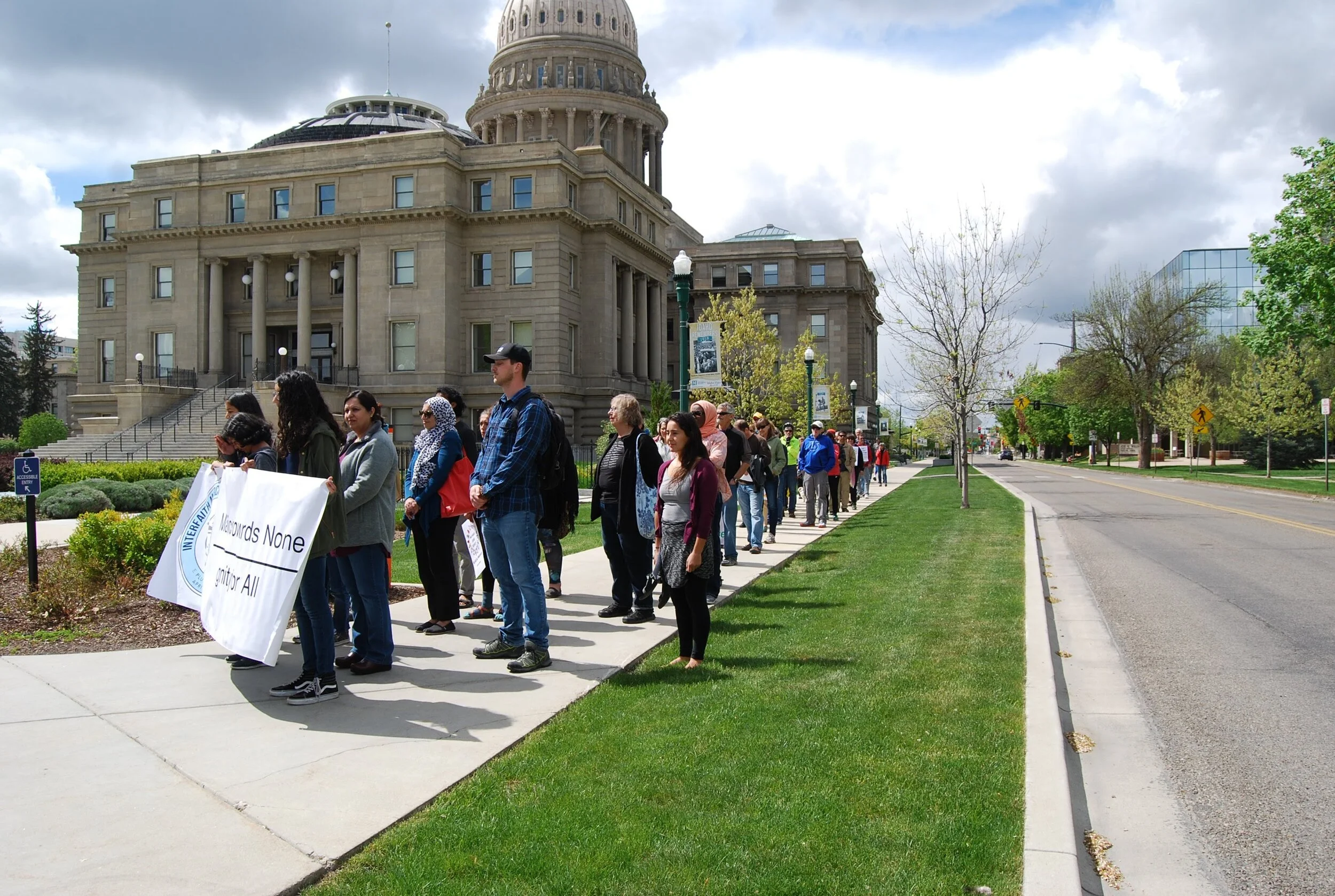Should we Promote and Protect Freedom of Religion for All?
by Rick Love
In 2008 I led a conference in Kenya of fifty evangelical leaders from around the world. One of the issues on the table was how to counter the increasing alienation between Muslims and Christians. The result? We wrote a consensus document for evangelicals called the Grace and Truth Affirmation. In this document, we commend nine biblical guidelines for inter-religious engagement with Muslims, one of which is to be persistent in our call for religious freedom:
"We affirm the right of religious freedom for every person and community. We defend the right of Muslims to express their faith respectfully among Christians and of Christians to express their faith respectfully among Muslims. Moreover we affirm the right of Muslims and Christians alike to change religious beliefs, practices and/or affiliations according to their conscience. Thus we stand against all forms of religious persecution toward Muslims, Christians, or anyone else. God desires all people to make faith choices based on conscience and conviction rather than any form of coercion or violence" (2 Cor 4:2).
My friend Joshua Daneshforooz believes that “promoting religious freedom for all people must be an essential part of Christian mission in the 21st century.” I agree and here’s why …
The first three chapters in Genesis provide important theological foundations for our beliefs about freedom of religion. Adam and Eve were created in the image of God to rule the earth as partners (Genesis 1:26-28). They were created for relationship with God and given stewardship over the earth. God then commanded them not to eat of the tree of the knowledge of good and evil (Genesis 2:15-17). However, God’s command did not override their freedom of choice. Genesis three describes the tragic results of their disobedience. Religious freedom is inherent in the story of the creation and fall. God created us with freedom of choice. If God gives us freedom of choice, freedom to choose or reject him, then certainly we must promote and protect freedom of religion for others.
The gospels also portray freedom of religion. Jesus preached the kingdom and called people to follow him. But he always persuaded people without coercion. He warned people about the consequences of rejecting him, but he never interfered with a person’s choice. He never forced people against their will. Jesus loved people but he would let them walk away (Mark 10:17-22; John 6:66). He rejected the use of the sword and political power to impose his will on others.
If Jesus gives us freedom of choice, freedom to choose or reject him, then certainly we must promote and protect freedom of religion for others.
Jesus not only models freedom of religion, his teaching also speaks to this issue: “So in everything, do to others what you would have them do to you, for this sums up the Law and the Prophets” (Matthew 7:12). Note the breadth of this simple but profound command. “Do unto others” summarizes the Law and the Prophets. It is not just one command among many but a great summary statement - a weighty command. Note also that Jesus makes it clear we are to obey this command in every area of our lives (“in everything”). No escape clauses here!
Everyone wants freedom. No one likes to be forced against their will. Do unto others!
If you want freedom of choice, freedom to choose or reject God, then certainly you must promote and protect freedom of religion for others. John Piper agrees:
"Christians are tolerant of other faiths not because there is no absolute truth or because all faiths are equally valuable, but because the one who is Absolute Truth, Jesus Christ, forbids the spread of his truth by the sword. Christian tolerance is the commitment that keeps lovers of competing faiths from killing each other. Christian tolerance is the principle that puts freedom above forced conversion, because it’s rooted in the conviction that forced conversion is no conversion at all. Freedom to preach, to teach, to publish, to assemble for worship—these convictions flow from the essence of the Christian faith. Therefore we protect it for all."










